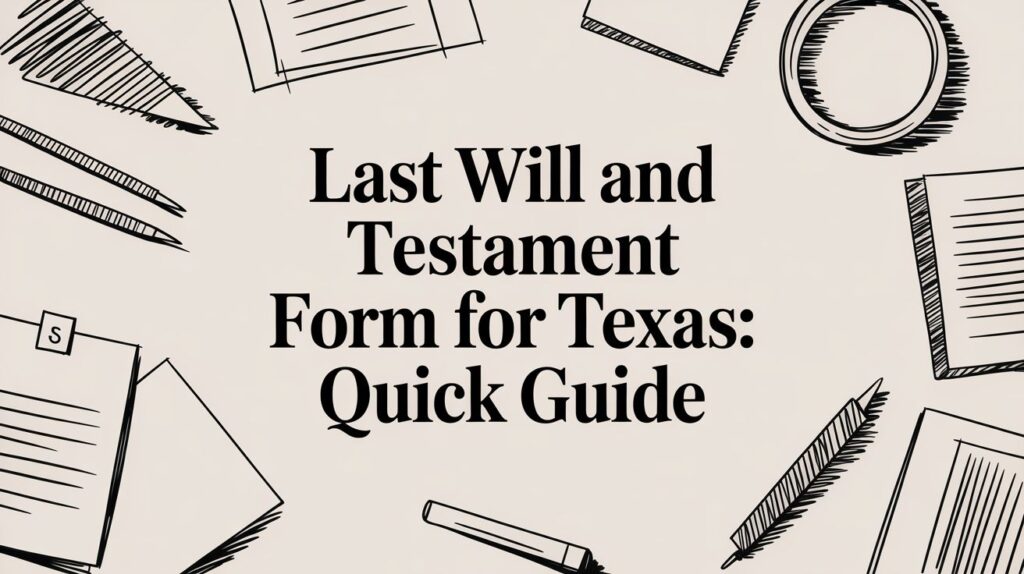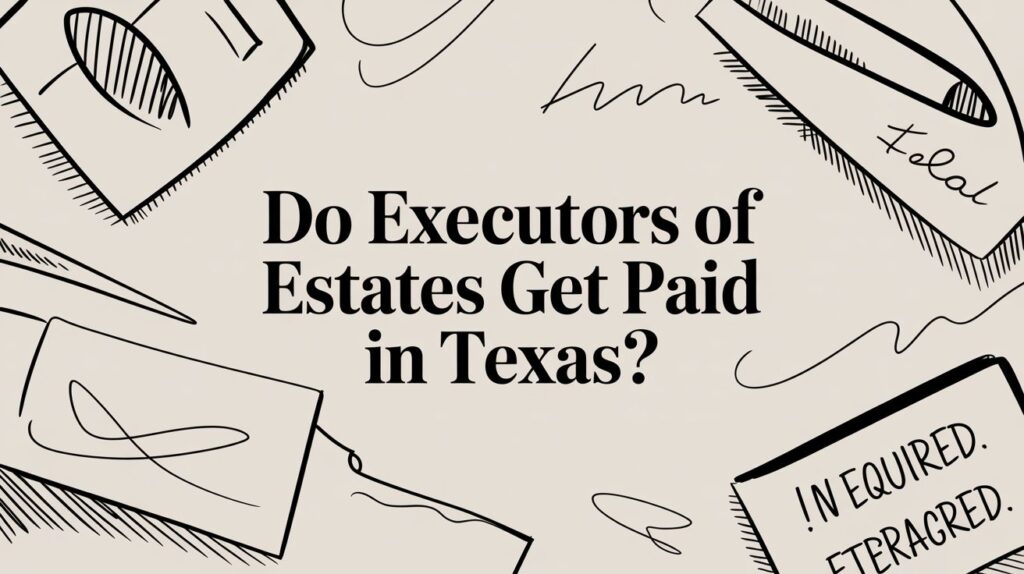Dealing with the loss of a loved one is difficult enough—navigating the legal process that follows can feel overwhelming. Whether you’ve just heard the word “probate” for the first time or you’ve been handed paperwork by a court clerk, one thing is clear: you need to understand what you’re facing. That’s why understanding different types of probate cases is so crucial. Not all probate is created equal, and knowing the difference can save you time, money, and stress.
In this in-depth guide, we’ll break down the types of probate cases overview you need to make sense of the process. From formal probate to summary administration, from dependent administration to small estate affidavits—we’ll explain what they are, when they apply, and what you should expect. Using a conversational tone and real-world examples, we’ll demystify the probate system so you can face it with clarity and confidence.

Probate Explained: Definition, Process & Key Steps
A Legal Process That Manages the Deceased’s Affairs
Probate is the legal procedure used to settle a person’s estate after they pass away. This includes:
- Verifying the will (if there is one)
- Paying off debts and taxes
- Distributing assets to beneficiaries or heirs
The court appoints someone—usually a close relative or the executor named in the will—to oversee the process. That person becomes legally responsible for carrying out the deceased’s final affairs in compliance with the law.
Understanding the different types of probate cases is important because the probate process isn’t one-size-fits-all. The type of case that applies to your situation depends on the size of the estate, whether there’s a valid will, how the assets are titled, and whether there are any disputes.
Real-Life Story: Two Siblings, Two Probate Paths
When Maria and James lost their parents a few years apart, they each had very different experiences with probate.
Maria’s mother had a small estate and no will, so Maria filed a small estate affidavit and avoided court altogether. The process took just a few weeks.
James’s father had a large estate, several investment accounts, and a disputed will. He had to open a formal probate case, deal with multiple court hearings, and manage the estate for over a year.
Their stories illustrate why understanding different types of probate cases can change the way families experience the legal aftermath of a death.
Formal Probate (Independent Administration)
The Most Common Type of Probate Case
Formal probate—also known as independent administration in many states like Texas—is what most people think of when they hear the word “probate.” It’s a court-supervised process, but the appointed executor is given a lot of autonomy after being officially authorized.
This type of probate applies when:
- There is a valid will
- The estate is of moderate to large size
- The heirs aren’t contesting the will
- The judge is satisfied that the executor is capable of handling the estate
Key features:
- The court issues Letters Testamentary to the executor
- The executor notifies creditors and beneficiaries
- A detailed inventory of assets is filed
- Assets are distributed according to the will

Because it allows the executor to act without getting court approval for every decision, independent administration is more efficient than other types of probate. However, it still involves legal documentation and a high level of responsibility.
Dependent Administration
A More Heavily Supervised Probate Case
This is a more restrictive form of probate, known as dependent administration. It’s often used when:
- There is no will
- The heirs don’t get along
- There is potential for disputes
- The court doesn’t fully trust the administrator to act independently
In a dependent administration:
- The court must approve all sales, distributions, and decisions
- The administrator must post a bond
- Frequent reports and accountings are required
While this can slow down the process, it also provides an extra layer of protection—especially helpful when the estate is complex or there’s mistrust between heirs.
If you’re in a family where things might turn messy, understanding different types of probate cases means recognizing when dependent administration is the better route.
Probate Explained: Definition, Process & Key Steps
Skipping Probate to Transfer Title Only
In Texas and a few other states, if a person dies with a valid will and no unpaid debts, the estate might qualify for muniment of title.
What is that?
It’s a simplified probate procedure used solely to transfer property—mainly real estate—from the deceased to the heirs named in the will. It doesn’t involve appointing an executor or going through a full probate case.
Requirements include:
- A valid will
- No unpaid debts (except mortgage debt)
- Property that must be retitled (like a house)
Muniment of title is often a faster and more affordable option, especially when the only asset needing transfer is real estate.
Summary Administration
A Fast-Track Option for Small, Simple Estates
Summary administration is another simplified type of probate case, available in many states. It’s designed for small estates that don’t meet the threshold for formal probate.
Typically applies when:
- The total value of the estate is below a statutory limit (varies by state)
- The heirs agree on the distribution
- There are no disputes or complications
It’s faster, cheaper, and often requires fewer court appearances.
States like Florida offer summary administration for estates under $75,000. In Texas, a similar route would be a small estate affidavit (which we’ll cover next).
For families hoping to avoid the drawn-out formal probate process, understanding different types of probate cases helps identify whether this simpler route is an option.
Small Estate Affidavit
No Will, No Court, No Problem (Sometimes)
A small estate affidavit is used when someone dies without a will and leaves behind a small amount of assets—usually below a statutory threshold, such as $75,000 in Texas.
Eligibility criteria:
- No will
- Assets fall below the limit
- The estate doesn’t include real estate (except the homestead)
- All heirs agree on how the assets should be distributed
Instead of going through court, the heirs file a sworn statement (affidavit) with the probate clerk. If approved, the court authorizes transfer of the assets without a hearing.

This option saves time and money, but it’s important to get it right. Any mistake can delay access to assets. That’s why understanding different types of probate cases and how affidavits work matters.
Affidavit of Heirship
Establishing Heirs Without Going to Court
Another probate shortcut is the affidavit of heirship, which helps transfer property—typically real estate—without a full probate case.
Used when:
- The decedent dies without a will
- Real estate is the primary asset
- Heirs are easily identifiable
- There are no disputes
Heirs file a sworn statement and record it in the county property records. It doesn’t go through court, but it’s still legally binding and can be used to retitle property.
While it’s not available in all cases, this method is useful when time and simplicity are a priority.
Foreign Probate Cases
When the Deceased Lived or Owned Property in Another State or Country
Sometimes, an estate involves property across state lines or even international borders. These situations may require ancillary probate—a separate probate case opened in a different jurisdiction to deal with out-of-state property.
For example:
- A person dies in New York but owns land in Texas
- The family must open an ancillary probate case in Texas to transfer that land
Each state has different rules for this, and timelines can stretch longer than expected. So if you’re dealing with multi-state or international estates, understanding different types of probate cases helps you know when ancillary probate might come into play.
Contested vs. Uncontested Probate
When Things Get Complicated
A probate case can be either contested or uncontested.
- Uncontested: Everyone agrees, and things go smoothly.
- Contested: Disputes arise over the will, heirs, property value, or executor conduct.
Contested probate cases often involve:
- Claims that the will was forged or signed under duress
- Accusations of mismanagement by the executor
- Battles over unclear language in the will
These cases may take months—or even years—to resolve and usually require attorneys, mediation, and court hearings.
Understanding these dynamics can help you manage expectations and prepare mentally for what’s ahead if your family isn’t on the same page.
Why the Type of Probate Case Matters
It Impacts Everything from Cost to Closure Time
Each probate type comes with its own pros and cons:
- Formal probate allows for full oversight but can be slow
- Small estate affidavits are fast but limited in scope
- Muniment of title is perfect for simple property transfers
- Dependent administration protects against fraud but adds complexity
Choosing the right type—if you have a choice—can affect:
- How quickly heirs receive assets
- How much you spend in legal fees
- How much stress the family endures

If you’re the executor or a close heir, understanding different types of probate cases helps you ask smarter questions and make better decisions from day one.
Final Thoughts: Understanding Different Types of Probate Cases
Probate isn’t something most people think about until they’re forced to. And when it hits, the options can feel confusing and intimidating. But knowing that there are multiple types of probate—and understanding the basics of each—gives you an advantage.
Whether you’re trying to fast-track a small estate, handle a complex multi-state inheritance, or simply understand the role of an executor, being informed makes a difference. Probate is more than just paperwork—it’s a process tied to emotions, family dynamics, and financial responsibilities.
So if you find yourself staring at forms, unsure of where to begin, take a deep breath. Now that you have a handle on the types of probate cases overview, you’re in a stronger position than you think.








